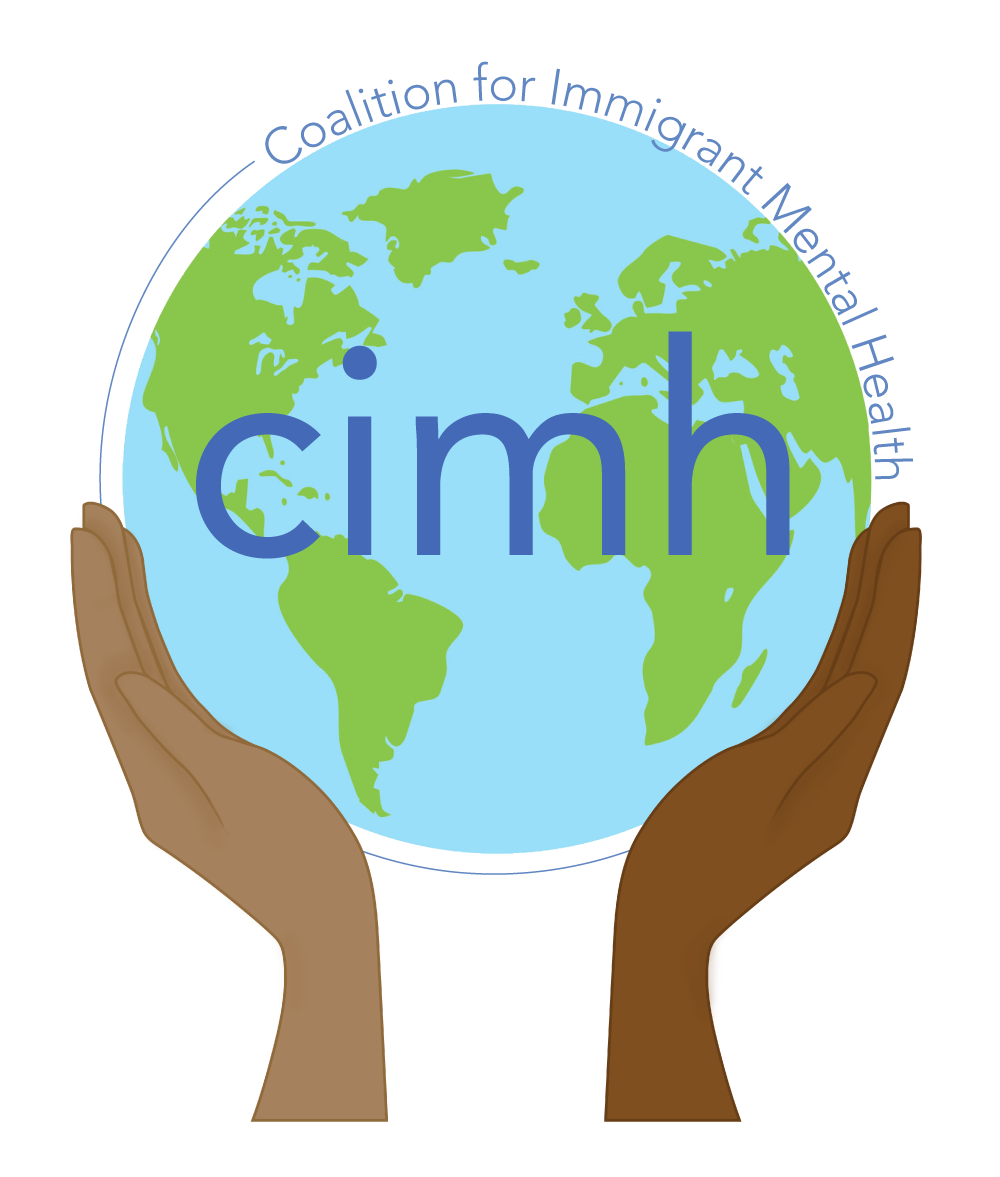Migrant Mental Health
CIMH Migrant Mental Health Response (Nov. 2022 to present)
Co-chairs: Rebecca Ford-Paz, Ph.D. (Lurie Children's Hospital) and Aimee Hilado, Ph.D., LCSW (University of Chicago)
In March 2021, Texas Gov. Greg Abbott’s launched “Operation Lone Star” as a border security effort in response to increased encounters with unauthorized migrants crossing along the U.S.-Mexico border. Part of this operation included the busing of migrant arrivals to Democratic-led states with “sanctuary city” designations such as New York, Washington D.C., and Chicago. The first Texas-chartered bus arrived in Chicago on August 31, 2022 and Chicago has now welcomed nearly 4,000 arrivals. Acute trauma and adjustment stress is often woven into the narratives of individuals and communities who move to survive like the arriving migrants, and reports from frontline staff at bus stations and emergency housing are communicating and documenting increasing mental health concerns among arrivals.
Rebecca Ford-Paz and Aimee Hilado (CIMH Steering Committee members; Co-chairs, CIMH Migrant Mental Health Response) have been working with the Chicago Department of Public Health and the Illinois Department of Human Services, Division of Mental Health to support a city/state mental health plan for asylum-seeking migrant arrivals. In December 2022, Rebecca, Aimee and their respective teams from Lurie Children's Hospital and the University of Chicago developed a two-part emotional wellness curriculum entitled "Reimagining Mental Health Supports for Migrant Arrivals." Part 1 of the curriculum was delivered in Spanish to 79 frontline providers from 6 high-capacity city shelters, 11 IDHS-funded Welcoming Center Site Leaders stationed in hotels, and staff from 7 community navigator programs funded by the Chicago Legal Prevention Fund; all professionals working directly with migrant arrivals. In January, the team will facilitate Part 2 of the training which will help frontline staff facilitate small group Café y Comunidad charlas (small group discussions) as an additional opportunity to address emotional distress, normalize stress/trauma reactions, and promote adaptive coping among arrivals.
Bi-monthly reflective consultatoin will be provided by our very own CIMH members to all trainees to help with training implementation and to provide emotional support to these incredible field workers.
A special thank you to our licensed CIMH mental health providers who answered the call to action: Kelin Hall, Aimee Hilado*, Amy Hill*, Valeria Lazo, Virginia Quiñonez*, Maya Oyarbide-Sanchez*, Elivira Pellitteri, Dana Rush*, Jenna Salek, Melanie Sivley. (CIMH Steering Committee members noted with an asterick).
